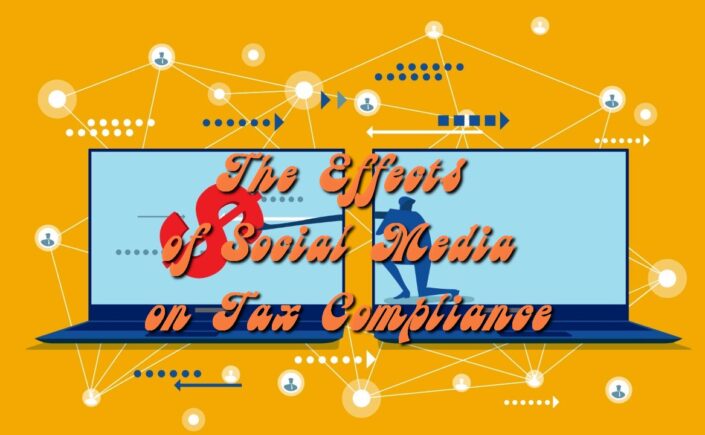In the digital age, social media has become an integral part of our daily lives, influencing how we communicate, share information, and perceive the world around us. Beyond its role in social interactions, social media has also permeated the realm of taxation, introducing both challenges and opportunities for tax compliance. For instance, discussions on tax resolution strategies, such as installment agreements, have found a new space for discourse in the online sphere. Explore more about tax resolution services and installment agreements at https://taxhelpusa.com/tax-relief-services/tax-resolution/installment-greement/.
Meanwhile, this article explores five significant effects of social media on tax compliance, shedding light on how platforms like Twitter, Facebook, and Instagram can impact the way individuals and businesses navigate the intricate landscape of taxes.
Increased Surveillance and Accountability

Social media platforms serve as powerful tools for public scrutiny and surveillance. Tax authorities now leverage these platforms to monitor individuals and businesses, tracking their activities and expenditures. Taxpayers are increasingly aware that their financial transactions and lifestyle choices may be scrutinized publicly. This heightened visibility acts as a deterrent, prompting individuals and businesses to adhere more closely to tax regulations. The fear of social backlash and potential legal consequences fosters a culture of increased accountability, ultimately contributing to improved tax compliance.
Enhanced Information Sharing and Awareness
Social media facilitates rapid information dissemination. Tax-related updates, policy changes, and enforcement actions can spread virally across platforms, reaching a broad audience almost instantaneously. This swift transmission of information ensures that taxpayers are more aware of their obligations, deadlines, and any changes in tax laws. As a result, individuals and businesses are better equipped to navigate the complexities of tax compliance. Social media acts as a catalyst for knowledge sharing, creating a more informed taxpayer base and, consequently, boosting overall compliance rates.
Community Influence and Norms

Social media platforms serve as virtual communities where users share experiences, opinions, and norms. This sense of community can influence individuals’ attitudes toward tax compliance. Positive narratives surrounding responsible tax behavior can foster a culture of compliance within these online communities. Conversely, instances of tax evasion or fraud shared on social media may face public condemnation, discouraging such behavior. As social media shapes and reflects societal norms, it plays a pivotal role in shaping attitudes toward tax compliance, fostering an environment where adhering to tax regulations is seen as the norm rather than an exception.
Digital Advocacy and Activism
Social media provides a platform for advocacy and activism, allowing individuals and organizations to champion various causes, including tax fairness. Tax-related campaigns and movements can gain momentum quickly through the viral nature of social media. Activists use these platforms to raise awareness about tax evasion, lobby for policy changes, and mobilize support for greater transparency in financial matters. The digital landscape empowers individuals to become vocal advocates for robust tax compliance measures, influencing public opinion and, in turn, putting pressure on authorities to enforce and strengthen tax regulations.
Data Mining for Tax Compliance
The vast amount of data generated on social media platforms presents an opportunity for tax authorities to enhance their capabilities in data mining and analysis. By tapping into publicly available information on individuals and businesses, tax authorities can cross-reference data to identify potential discrepancies in reported income and expenditures. This data-driven approach allows for more targeted and efficient tax enforcement efforts. However, it also raises concerns about privacy and the ethical use of personal information, highlighting the delicate balance between leveraging data for tax compliance and protecting individuals’ rights.
Social media’s impact on tax compliance is multifaceted, influencing behavior through increased surveillance, information sharing, community norms, digital activism, and data mining. While these effects contribute to a more accountable and informed taxpayer base, they also pose challenges related to privacy and ethical considerations. As social media continues to evolve, its role in shaping tax compliance dynamics will likely undergo further transformations, necessitating ongoing exploration and adaptation of regulatory frameworks.
